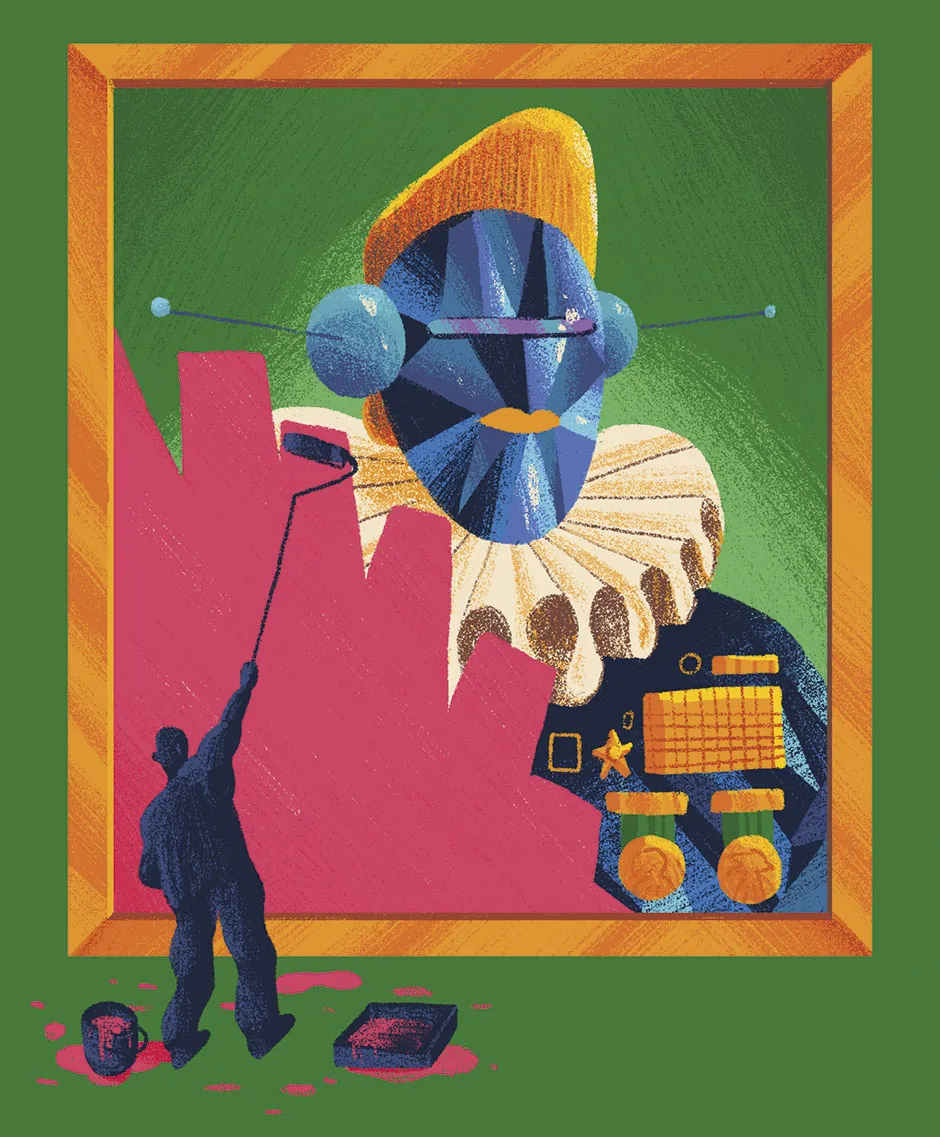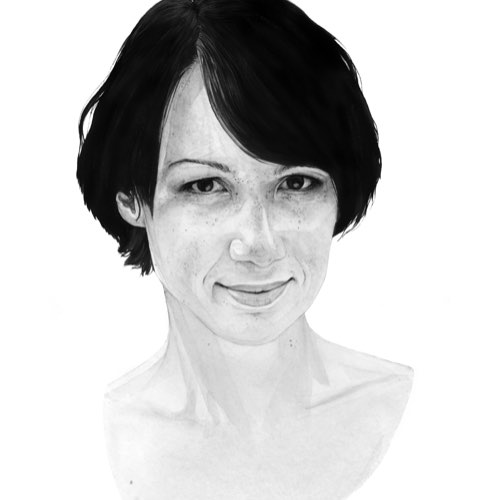Can you believe it’s been a year since the pandemic first shut normal operations down? While we continue to grapple with our new beginning and what stories we will tell about the past, I want to tell a story about the future.
In 2016, I started a writing project codenamed ‘Teach your toddler to type: a toolkit for the 21st Century’. The title was a deliberate provocation aimed at mum blogs, who I predicted would read it at face value and call me the devil for suggesting we replace pen and paper with keyboard shortcuts.
In fact, it wasn’t a parenting manual, but an intervention in outdated ideas about the future that were hamstrung by intractable legacy thinking.
Modern advice for parents is more reflective of our own and our parents’ childhoods than what will be useful in 2036.
My upbringing in 1970s America was informed by my mum’s youngest years in post-war Lancashire, where her parents, fresh from the horrors of occupied Poland, tried to do what they could do to reinvent a humanity that had proved it wasn’t fit for purpose.

My expectations on entering adulthood were based on the stories my mum’s mum had heard from her mum. Each generation felt they had to pass on these stories to give us the tools to succeed. But within them are expectations about gender, politics, race and righteousness, and who can aspire to what.
These lessons are what we fall back on to get us through crises, but they leave little space for reinvention for the now – the thing that will end up shaping the next.
‘Teach your toddler to type’ was cut from the same cloth as UNESCO’s ‘Futures Literacy’. UNESCO says that Futures Literacy is “the skill that allows people to better understand the role of the future in what they see and do”. In December 2020, they launched The Museum of Future History.
Read more from Aleks Krotoski:
- "Too much of our technology builds walls, instead of bridges... We need to take responsibility for our digital future"
- The internet has banished the night – but we need it back
It’s a virtual (at present) exercise in revealing how the future is colonised by ideas from the past. It exposes the ways the present has been pre-emptively defined by previous generations, and what we’ve lost as a result. It invites people to hack the past to design the future now, so we can liberate the next generations from us.
If your brain is temporal soup right now, think about what we are going through. How are you going to tell the tale of COVID? Who are the major players? What advice will you pass on? When the next global health crisis comes, what will you place your faith in? Who will be valued? What role will you be allowed to play? What we imagine now changes what we can perceive, what we will imagine, and what we will be able to do.
Recognising that the answers to these questions are baked into us because of the past means that we can come up with new ideas to solve problems. The last 12 months have been dominated by anxiety about uncertainty. If we can tell a story that liberates the future from that one thing, toddlers of today will be able to face whatever comes their way.
- This article first appeared inissue 359ofBBC Science Focus Magazine–find out how to subscribe here
